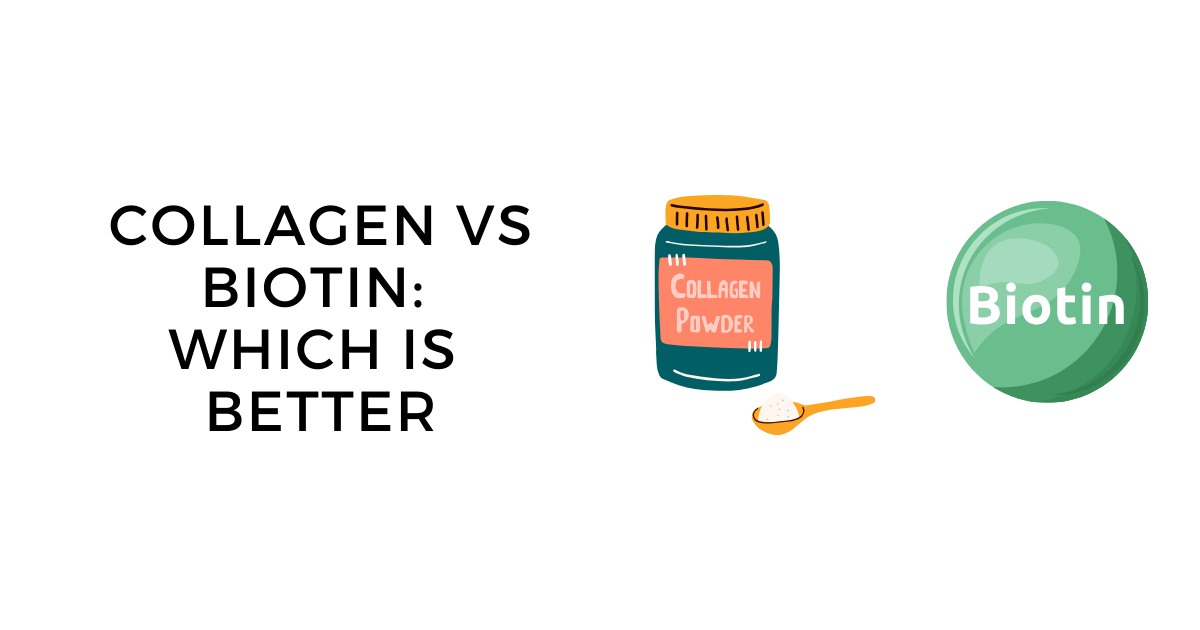
Biotin vs Collagen: Differences, Benefits, Uses and Which is Better
Biotin versus Collagen
Deciding on the right supplement to best cater to your health goals can often be a taxing dilemma. This challenge is especially true when choosing between collagen and biotin, two highly praised ingredients known for their benefits on hair, skin and nails.
In this article, I'll clear the fog surrounding this issue by carefully breaking down and comparing these two supplements, guiding your path towards the most beneficial choice tailored to your unique health objectives.
Before we dive in, I'll mention that if you are looking for the most absorbable source of collagen, look for a high protein bone broth like the chicken bone broth from Bluebird Provisions. More on that below.
Also, this website is reader-supported. I spend a lot of time personally evaluating, testing and reviewing each product on this list. When you buy through links on our site, I may earn an affiliate commission.
What is Collagen
You obviously know that collagen is a unique protein. Perhaps what you don't know is that it makes up our connective tissue including ligaments, tendons, bones and skin. It gives your skin that firm, supple nature and helps your hair grow.
Let's talk about a few more benefits.

Collagen Benefits
Some important benefits of collagen include joint health, bone health, skin, hair growth, gut health, digestion, sleep and more.
- Joint and Bone Health: Collagen lubricates joints and reduces pain, enhancing mobility (1). It is also shown to increase bone mineral density to help you build strong bones, particularly as you age.
- Skin Elasticity: By increasing skin elasticity, collagen prevents sagging, wrinkles and stretch marks. It does this by hydrating your skin and helping your body produce new skin cells to replace old, wrinkled ones. There is even one study that shows a reduction in visible signs of aging like crow's feet (2).
- Hair Health:
- Gut Health: There are anti inflammatory amino acids (glycine, proline and glutamine) that are found within collagen protein that can help restore connective tissue in your gut and digestive system so that you can digest food properly.
- Sleep and Mood: There's a potent inhibitory neurotransmitter found in collagen called glycine. This helps us unwind and relax (similar to GABA), which can elevate your mood and help you drift into deeper, restorative phases of sleep.
These are just a few enjoyments collagen has to offer, if you want to go into more detail, read my guide on the benefits of collagen.
Is Collagen Good for Hair
While there is no direct research proving that collagen is good for hair, many people swear by using collagen to grow thicker, fuller hair. I reviewed the science and anecdotal claims in this review.
The idea behind these claims comes down to three things:
- It helps retain water on the scalp, promoting hydration and indirectly slowing down hair thinning and breakage caused by dryness.
- It also has a recipe of amino acids needed to make keratin, the protein that makes up our hair.
- Collagen fights damage to hair follicles from stress and environmental factors by helping us reduce systemic inflammation.

What is Biotin
Biotin, also known as Vitamin B7 is an essential water-soluble vitamin that helps turn food into energy and supports the health of the skin, hair and nails because it plays a critical role in the metabolism of fats, carbohydrates and proteins.
Biotin Benefits
Biotin benefits include hair growth, stronger nails, skin health, energy formation and metabolism benefits. Read in more detail below to see which actually have some science behind them.
- Hair Health: Biotin boosts keratin production for hair and may accelerate hair follicle growth in certain populations (3). The research is not all that strong for this claim.
- Stronger Nails: While it's not a nail growth catalyst, Biotin can fortify weak nails reducing susceptibility to breakage, chipping, splitting or peeling. A Swiss study showed a 25% increase in nail plate thickness (4).
- Skin Health: Without appropriate levels of biotin, toxins may accumulate on your skin skin, which can lead to ashes or acne. Biotin supports the formation of fatty acids that nourish the skin. The research is weak here unless you are truly deficient (5).
- Energy Formation: Biotin is crucial for the formation of fatty acids and glucose: These are used as fuels by the body and what gives us energy.
- Metabolism: It supports the metabolism of carbohydrates, protein and fats. This can help manage blood sugar and prevent energy crashes.

Is Biotin Good for Skin
There is no strong research to support that biotin is good for skin health unless you have a true deficiency. People who are promoting biotin will tell you that it helps with fatty acid production, which hydrates your skin with oils to keep your skin looking fresh.
But the reality is that biotin supplementation only helps if you have existing deficiencies in biotin that is causes rashes, itchiness or flakiness (5).
Very few large-scale randomized controlled trials exist for biotin. There is also a lack of standardized dosing, which makes things more confusing for people like you to figure out what to do.
Biotin versus Collagen
|
Key Features |
Biotin |
Collagen Peptides |
|
Type of Compound |
Vitamin, specifically Vitamin B7. |
Protein, constituting 30% of the body's tissue. |
|
Role in the Body |
Promoting cellular energy and function. Helps to metabolize proteins, fats, and carbohydrates. |
Contributes to skin elasticity, hair and nail strength and joint flexibility. |
|
Primary Benefits for Hair and Skin |
Biotin may help maintaining a healthy skin, hair and nails through the process of keratin production. |
Collagen helps in maintaining skin elasticity, reducing wrinkles, and may help hair and nail growth. |
|
Absorption by the Body |
Biotin consumption is often associated with better results when consumed via food due to better absorption |
Collagen peptide are easily absorbed into the bloodstream, as they are broken down into amino acids. |
Which is better for glowing skin?
Collagen is better than biotin for glowing skin because there is some actual research to support the lofty claims (6). On the other hand, there is no significant evidence to support using Biotin for glowing skin.
Collagen ensures skin elasticity while helping minimize lines and wrinkles. Biotin stimulates fatty acid creation and some people may get some skin healing benefits. But it is not proven in the studies.
While they are both generally safe to take and have little downside, a quality collagen supplement is a better use of your money.
Which is better for hair?
Neither collagen nor Biotin have independent, peer reviewed studies that prove they are beneficial for hair. Collagen would seem to have more mechanistic benefits for hair on paper because of the way it interacts with skin.
Also, there are more personal stories of people using collagen for hair with great success. Conversely, Biotin has no research to suggest it will be helpful for hair growth or quality. There are some users who report success using Biotin, but these are fewer than collagen.
Moreover, there are some potential side effects if you take too much Biotin. The FDA even issued a warning that is you regularly take high doses of Biotin 10,000 mcg, you may get elevated levels of thyroid hormones (FSH, LH, etc) that could suggest hypothyroidism (7).
Which is better for you, Collagen or Biotin?
Collagen is better for your that biotin because it is generally safer and has less side effects, there is a stronger base of research to support the benefits and you can easily get it naturally from foods like bone broth.
That being said, if you have specific needs that involve deficiencies in Vitamin B7, weak nails or issues with metabolic functions then you might benefit from supplementing with Biotin.

Can you take collagen and biotin together?
Biotin and collagen can be taken together because they serve different purposes in your body. They can potentially work together for nail health, but there is no evidence to suggest that they will have a synergistic effect.
Can You Get Collagen and Biotin from Food?
You can easily get collagen and biotin from food sources. Food sources of collagen are bone broth, small fish and pork rinds, while sources of biotin include beef liver and egg yolks.
Let's go through more detailed food lists below.
Natural Collagen Foods
Natural sources of collagen are bone broth, pork rinds, salmon, pork skin, sardines, chicken skin and gelatinous cuts of meat (ribs, roasts, etc).
Learn which foods have the most and exactly how much there is in my list of collagen rich foods.
Biotin Rich Foods
Biotin rich foods are beef liver, egg yolks, meat, salmon and legumes. Checkout the chart below for exactly how much you can find.
|
Food |
Serving Size |
Biotin Content |
% DV |
|
Egg Yolk |
1 Whole |
10 mcg |
33% |
|
Beef Liver |
3 ounces (75g) |
31 mcg |
103% |
|
Pork Chop |
3 ounces |
3.8 mcg |
13% |
|
Salmon |
3 ounces |
5 mcg |
17% |
|
Hamburger |
3 ounces |
3.8 mcg |
13% |
|
Peanuts |
1 ounce (28 g) |
5 mcg |
17% |
|
Sweet Potatoes |
1/2 cup (cooked) |
2.4 mcg |
8% |
Collagen and Biotin Supplements
Both collagen and biotin are available in supplemental form. Collagen is bascially a commodity product at this point with 1000s of different brands and products to choose from with little differentiation.
Biotin is a Vitamin, which is almost equally as possible for supplement companies. Read below and I will outline what to look for and common dosages in each of these supplements.
Biotin Supplementation: When and How Much
Most Biotin supplements come in either 5,000 or 10,000 mcg doses. This is a lot of Biotin a jaw dropping 33,333% of your recommended daily intake of this Vitamin.
However, bear in mind high biotin doses may impact certain medical tests like hormone tests (thyroid), so you always want to tell your doctor before you get bloodwork done. They may ask you to take a break from it before you blood test so that it does not skew the results.
This begs the question, do you really need 10,000 mcg of biotin per serving? Seems like a lot, doesn't it?
If you have a diagnosed biotin deficiency, are pregnant or breastfeeding then it makes send to supplement. But the USDA does not recommend supplementing Biotin in healthy individuals.
Most of the recommended doses of Biotin are between 10 to 100 mcg per serving (8). I would not recommend supplementing with Biotin at 5,000 or 10,000 mcg without talking to your doctor or a Registered Dietician before.
Collagen Supplementation: Your In-depth Guide
If you are looking at buying a supplement, you should read my guide to collagen powders first, and then decide which is right for you and your goals.
The dosage for daily collagen depends on your specific health goals and varies between 2.5 to 20 grams. Most people can get enough through food, but if you are supplementing, you could start with 10 grams daily for two weeks.
After this you want to record how you look, feel and perform and consider using more or less.
Risks and Side Effects
Every supplement comes with risks and potential side effects. Learn about these in detail below.
Are there Potential Side Effects of Biotin?
Consuming biotin beyond its suggested amount from food can cause the following side effects:
- Digestive problems, think nausea or cramping
- Potential allergic reactions
- Distorted laboratory test results
Everyone's body reacts differently to supplements, so keep an eye out for these potential pitfalls. And if you are getting any bloodwork done, be sure to take a break from Biotin before hand to not skew your results.
Risks and Side Effects Associated with Collagen
Collagen supplements are generally seen as safe and have minimal side effects. There are a few things that you want to keep in mind if you have specific allergies (beef, chicken, fish) or digestive issues.
Possible side effects might include:
- Digestive disturbance, mainly bloating or diarrhea.
- Allergic reactions, particularly for marine collagen sourced from fish or shellfish.
Closing Thoughts
When it comes to collagen vs Biotin, collagen is generally safer and has a stronger stack of research supporting specific health claims. You are more likely going to get more skin healing or hair growing benefits from collagen compared to Biotin.
Also, Biotin is not really necessary unless you are truly deficient. Now if you are looking for a way to get more collagen into your diet, try a collagen rich bone broth or else read my best collagen supplement page for more info.
Have you used Biotin or collagen? How did it go for you? Leave a comment or ask a question and I'll personally get back to you asap.
FAQs
How much Biotin and Collagen should you take per day?
The FDA recommends those who are deficient in Biotin can use 10-30 mcg per day. For collagen you can take between 2.5 to 20 grams per day for best results. But it depends on the health benefit you are looking for when it comes to collagen dosing.
From a practical perspective, try 10 grams of collagen per day and see how you feel after two weeks.
Can you use both Biotin and Collagen concurrently?
You can take collagen and Biotin at the same time, but you will not get double the benefits, so keep your expectations in check and be careful with your Biotin dosage.
Are there vegan sources of Collagen and Biotin?
There are zero vegan collagen sources because it is inherently an animal tissue based protein. Biotin has vegan and vegetarian friendly sources like seeds, avocados, sweet potatoes and broccoli. Learn more about vegan collagen sources and why anyone trying to sell you a vegan collagen is scamming you.
Disclaimer: this information is for educational purposes only and has not been evaluated by the FDA or CFIA. It is not medical advise. It is not intended to diagnose, treat, cure, or prevent any disease or healthcare issue. Please consult your primary care physician for advise on any of this.
Sources
- https://pubmed.ncbi.nlm.nih.gov/30368550/
- https://pubmed.ncbi.nlm.nih.gov/32530124/
- https://pubmed.ncbi.nlm.nih.gov/28879195/
- https://pubmed.ncbi.nlm.nih.gov/8477615/
- https://pubmed.ncbi.nlm.nih.gov/31613531/
- https://pubmed.ncbi.nlm.nih.gov/35223163/
- https://www.fda.gov/medical-devices/safety-communications/fda-warns-biotin-may-interfere-lab-tests-fda-safety-communication
- https://www.ncbi.nlm.nih.gov/books/NBK554493/

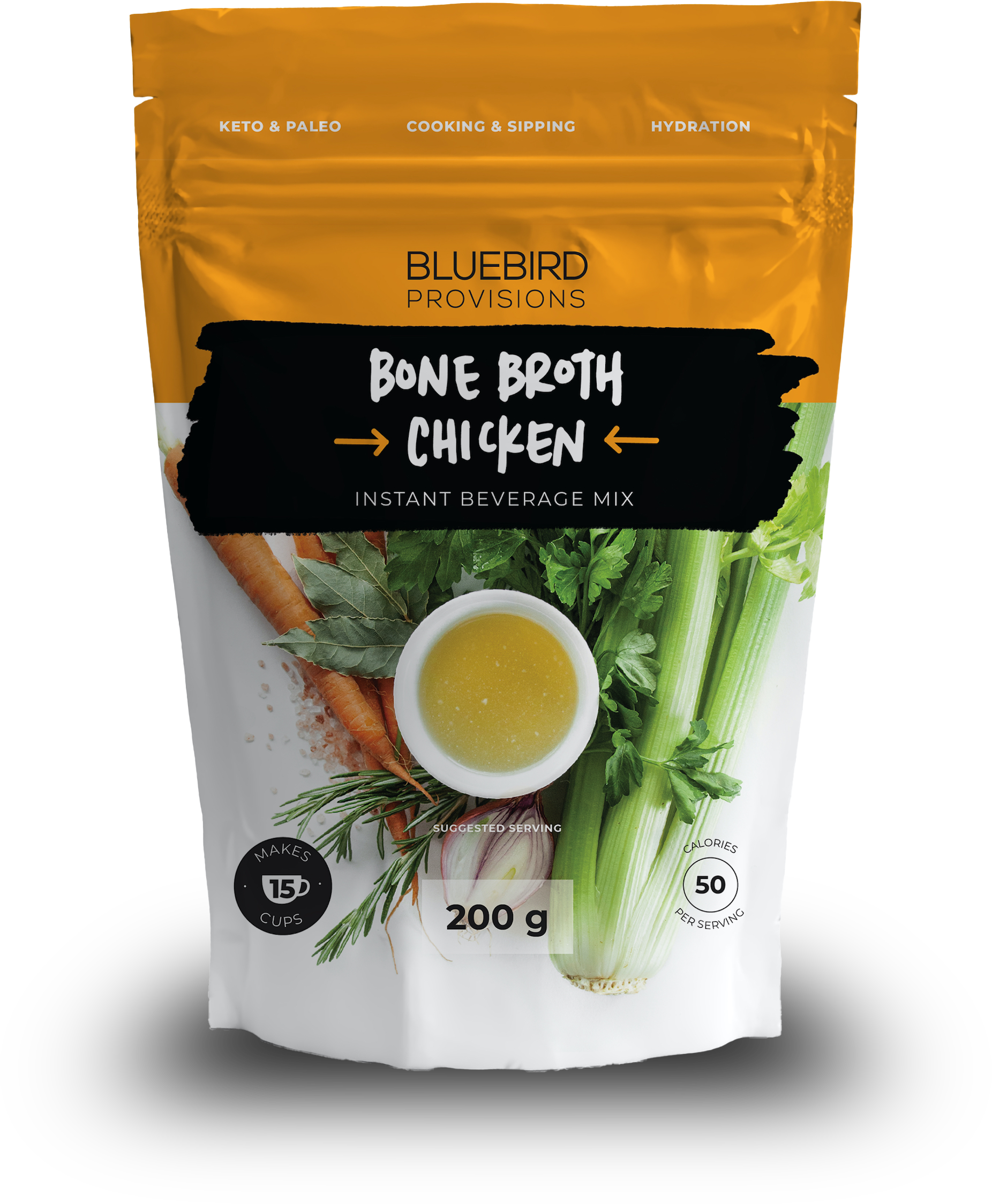
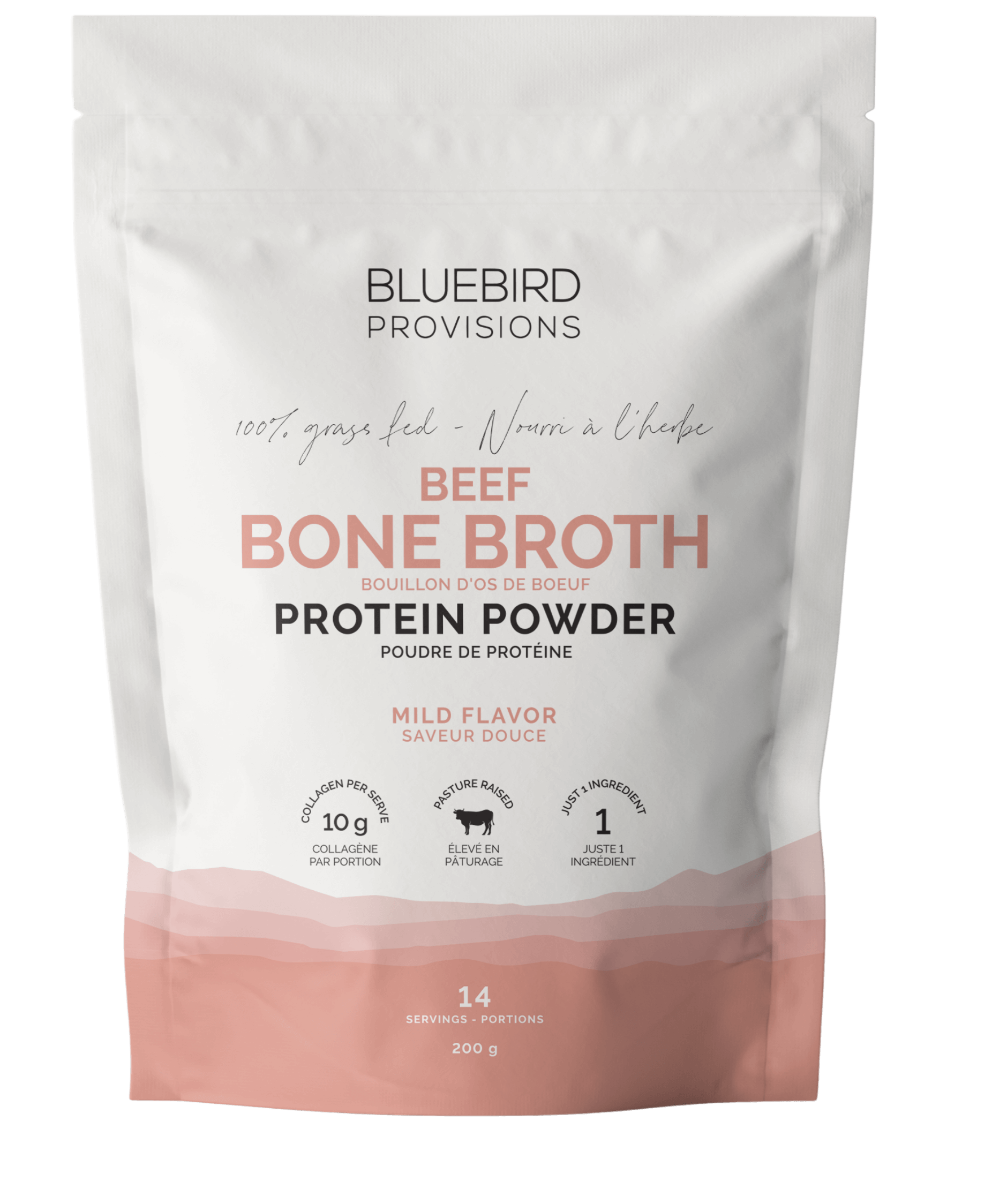
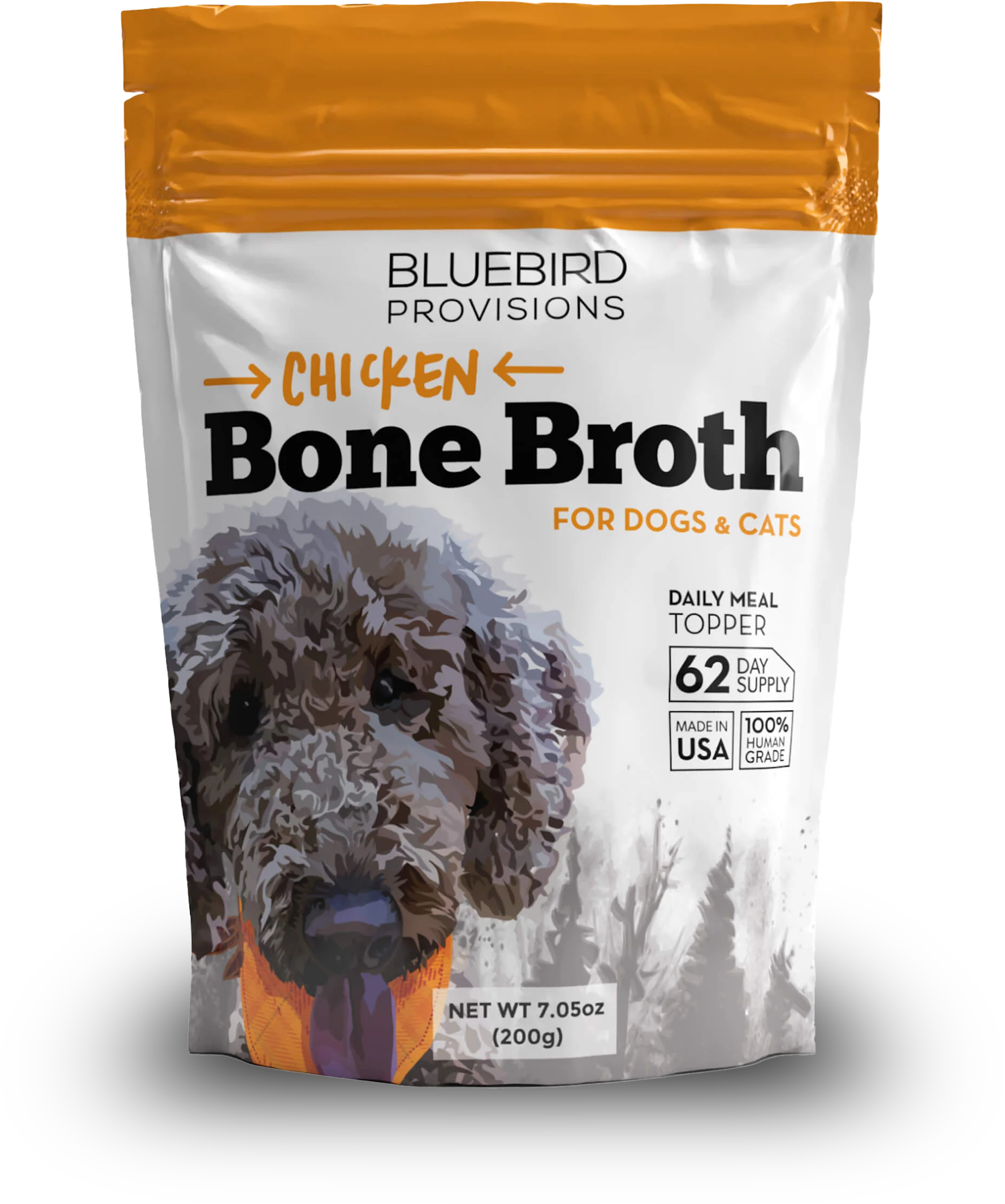
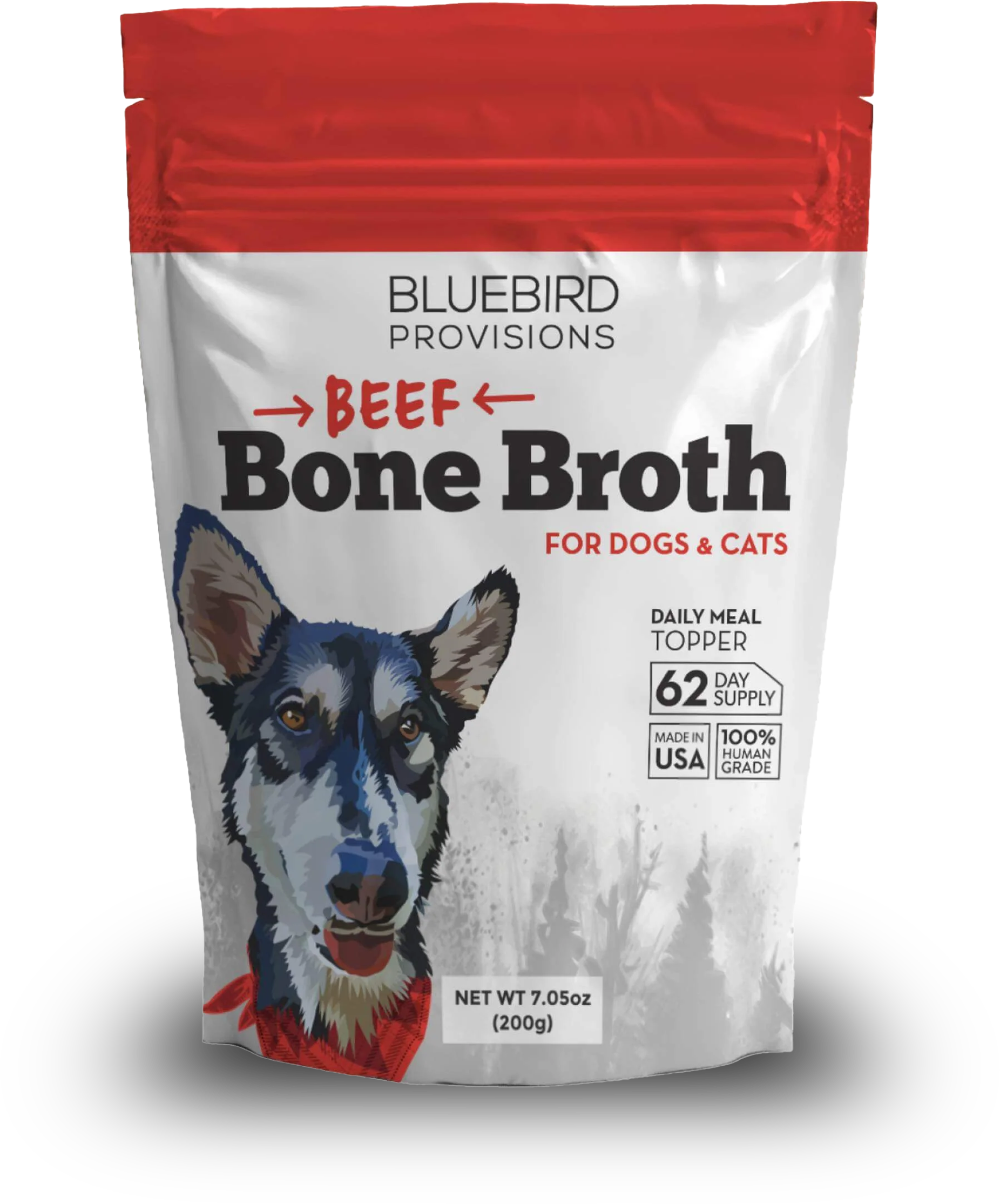
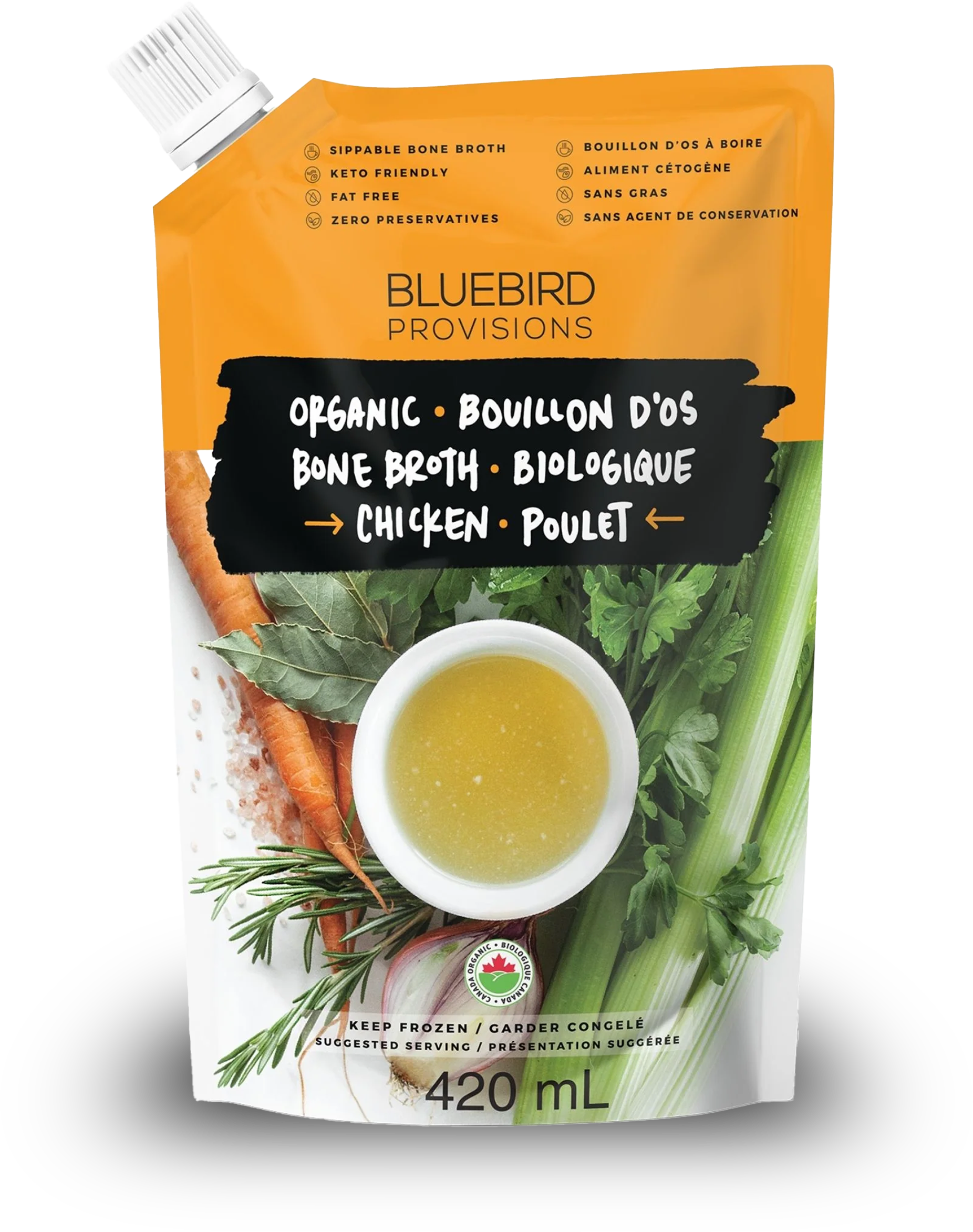
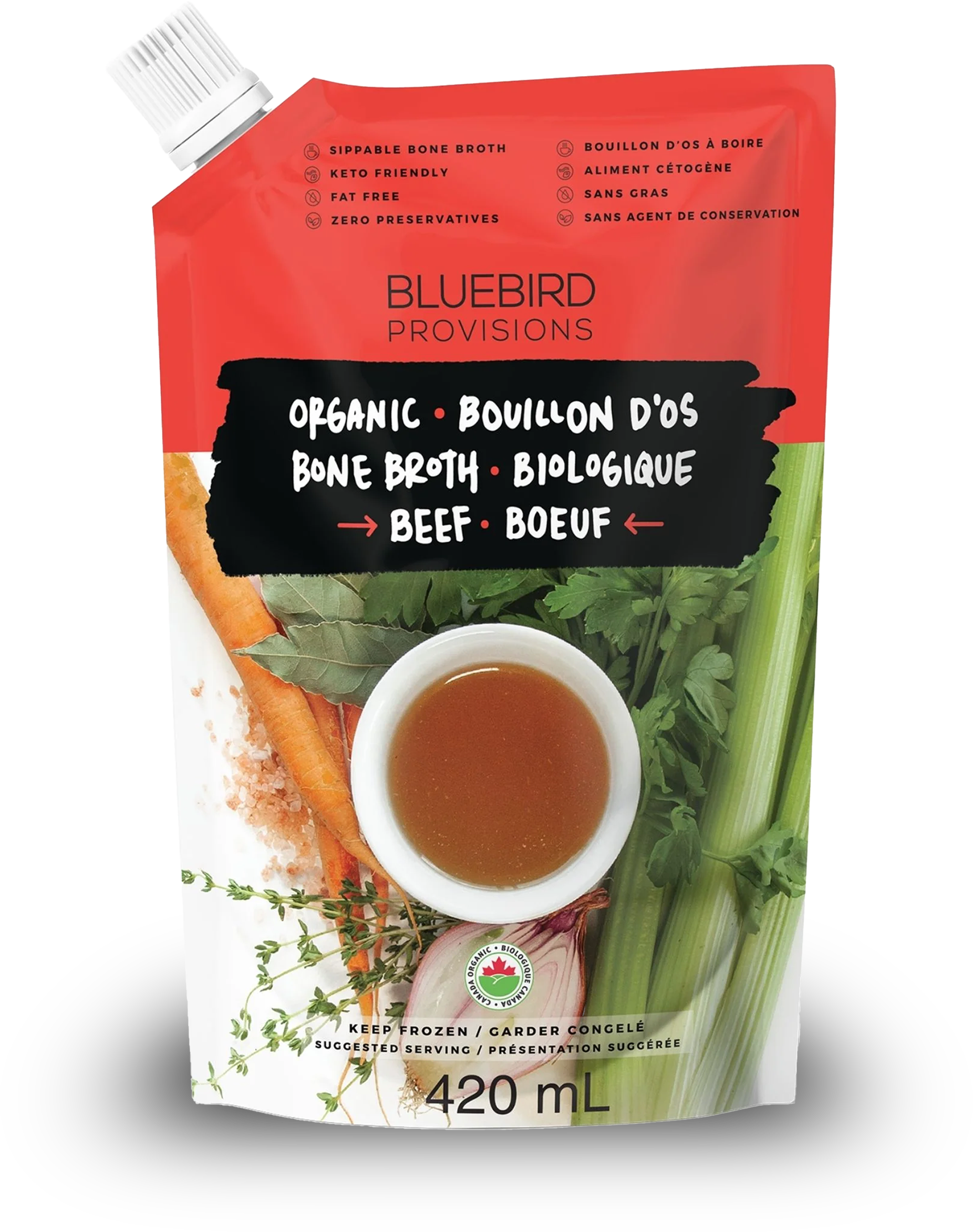
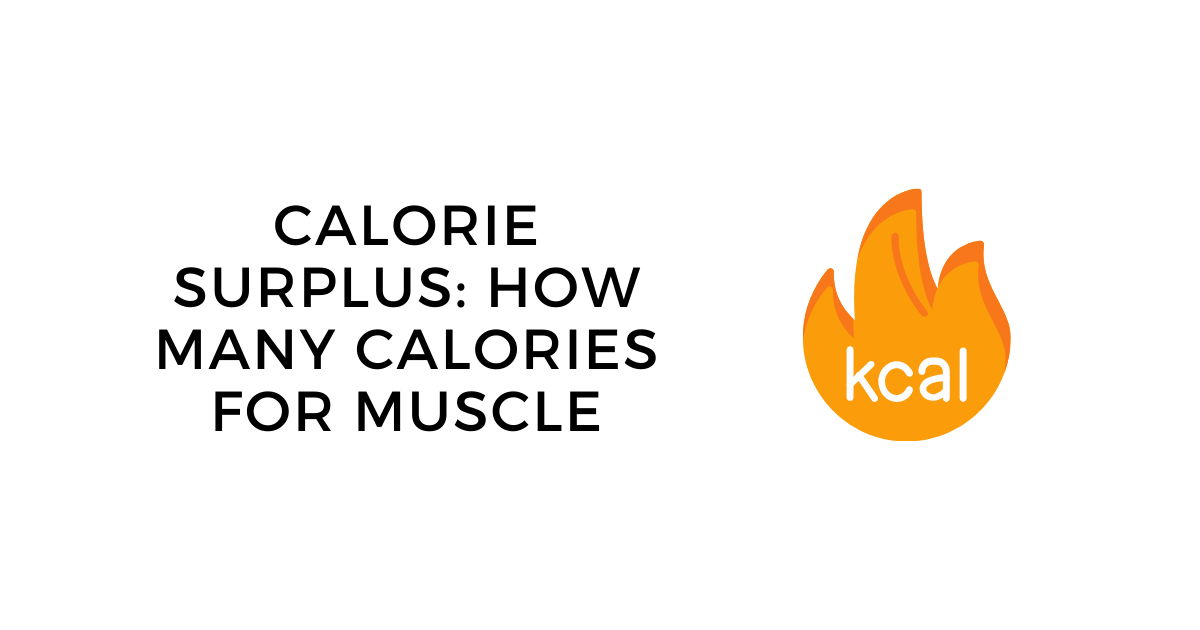

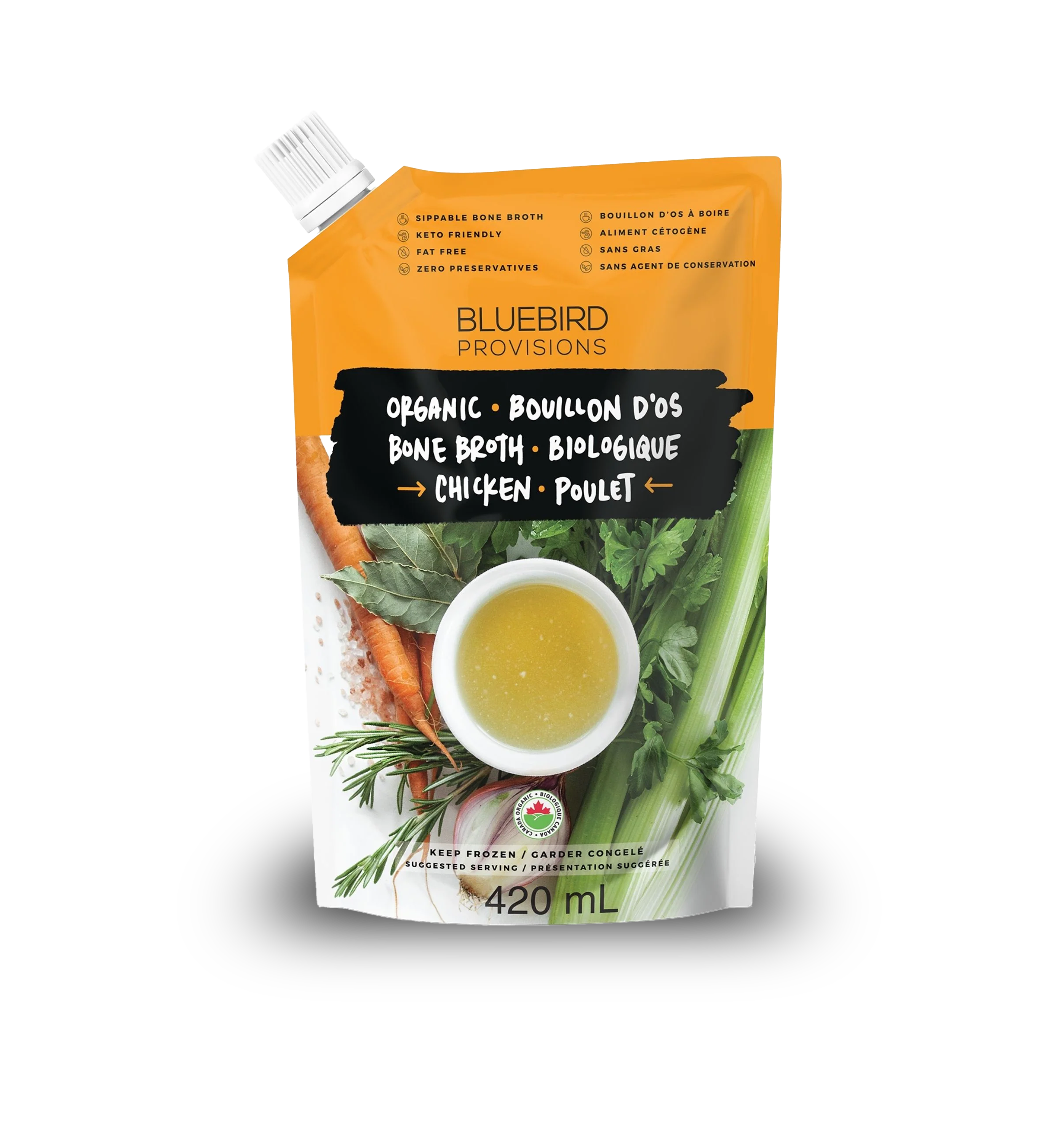
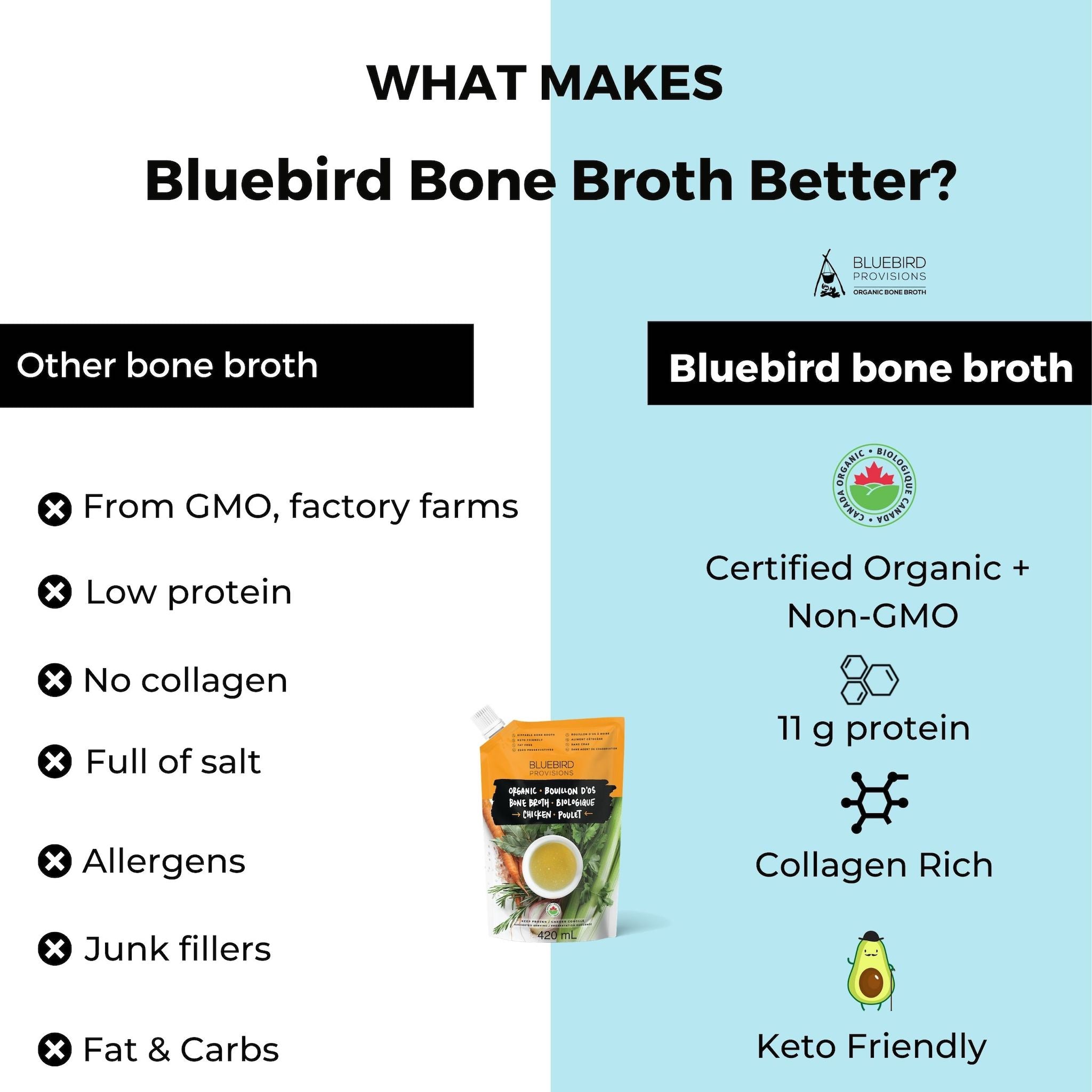
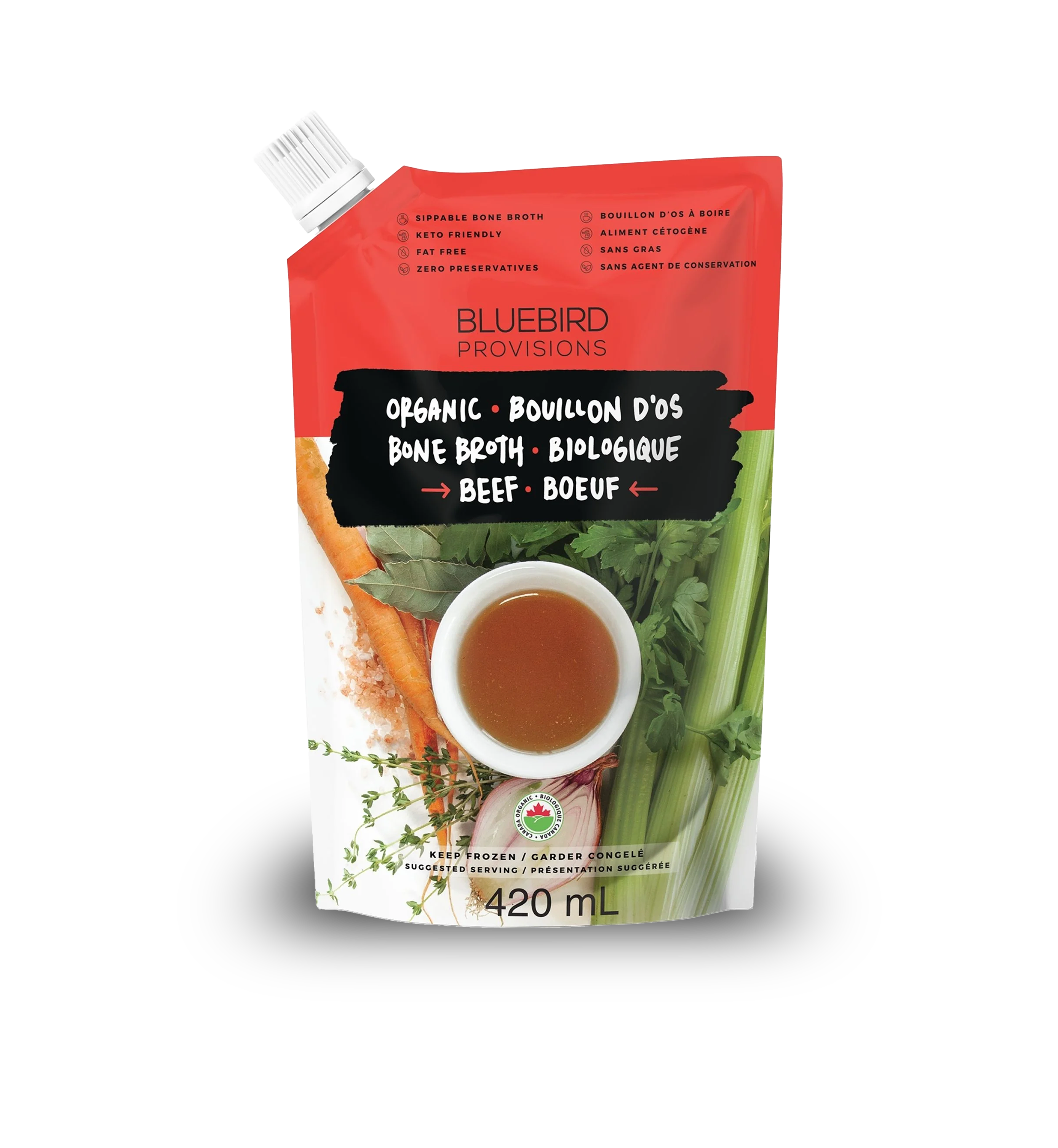
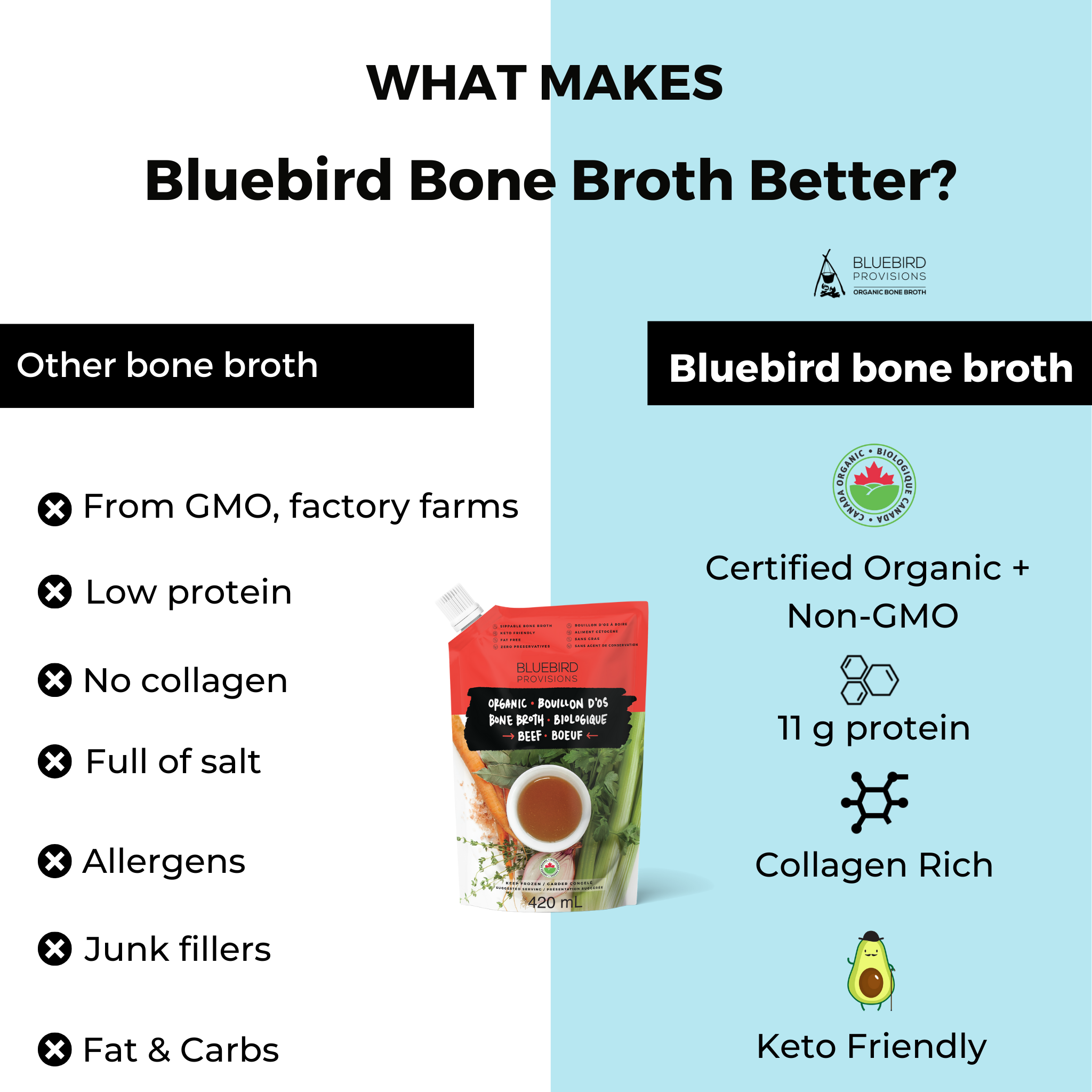
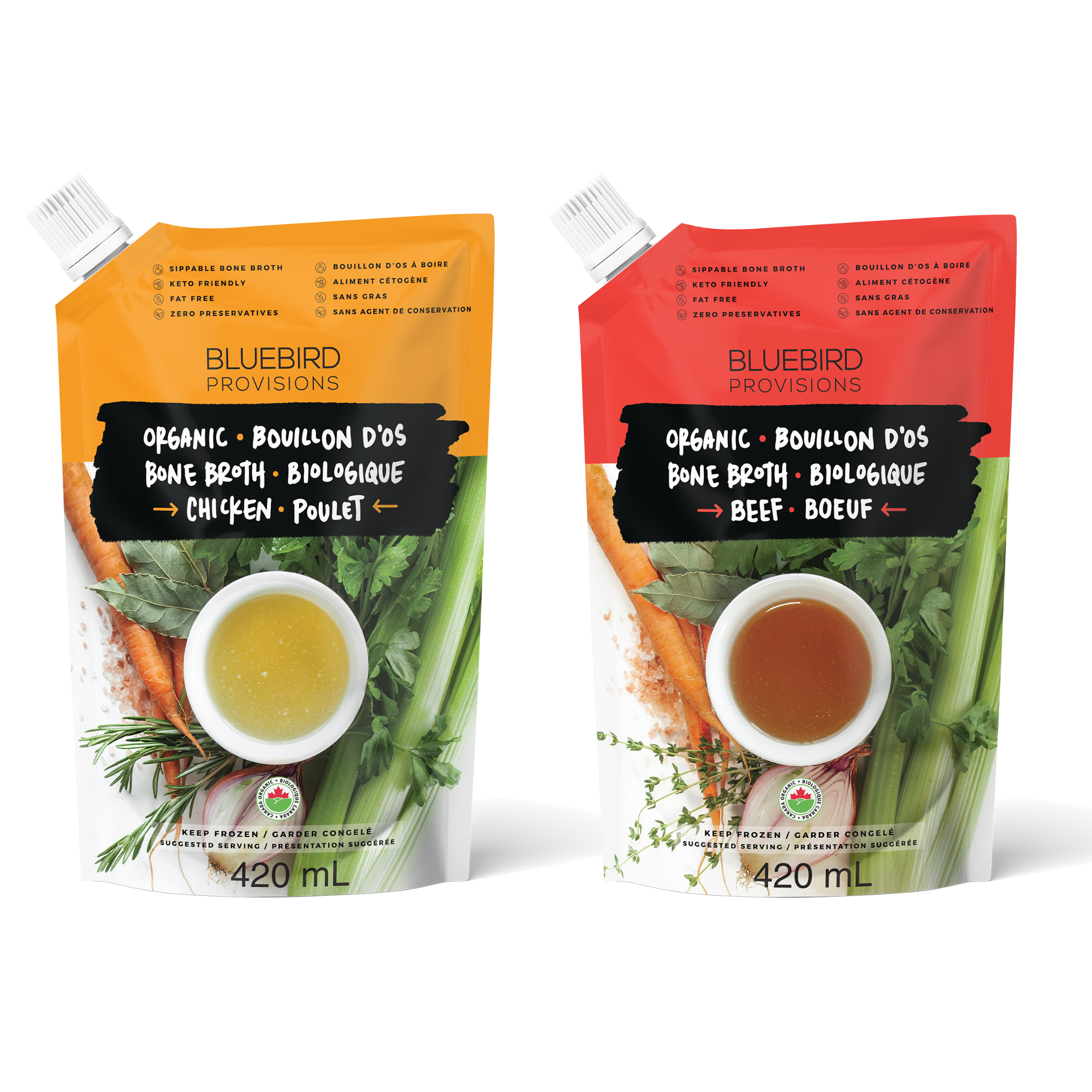

Leave a comment
This site is protected by hCaptcha and the hCaptcha Privacy Policy and Terms of Service apply.